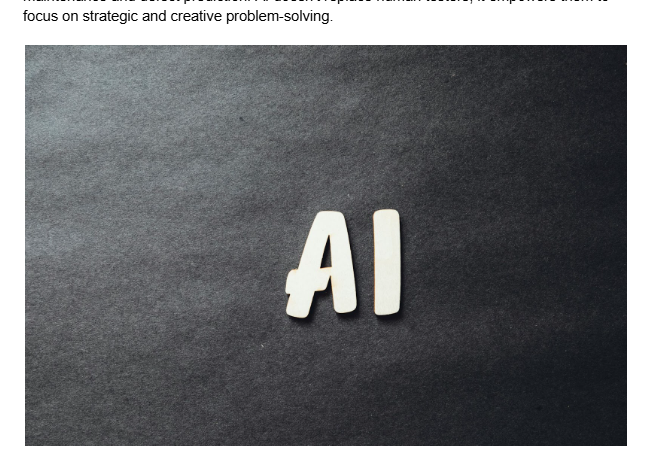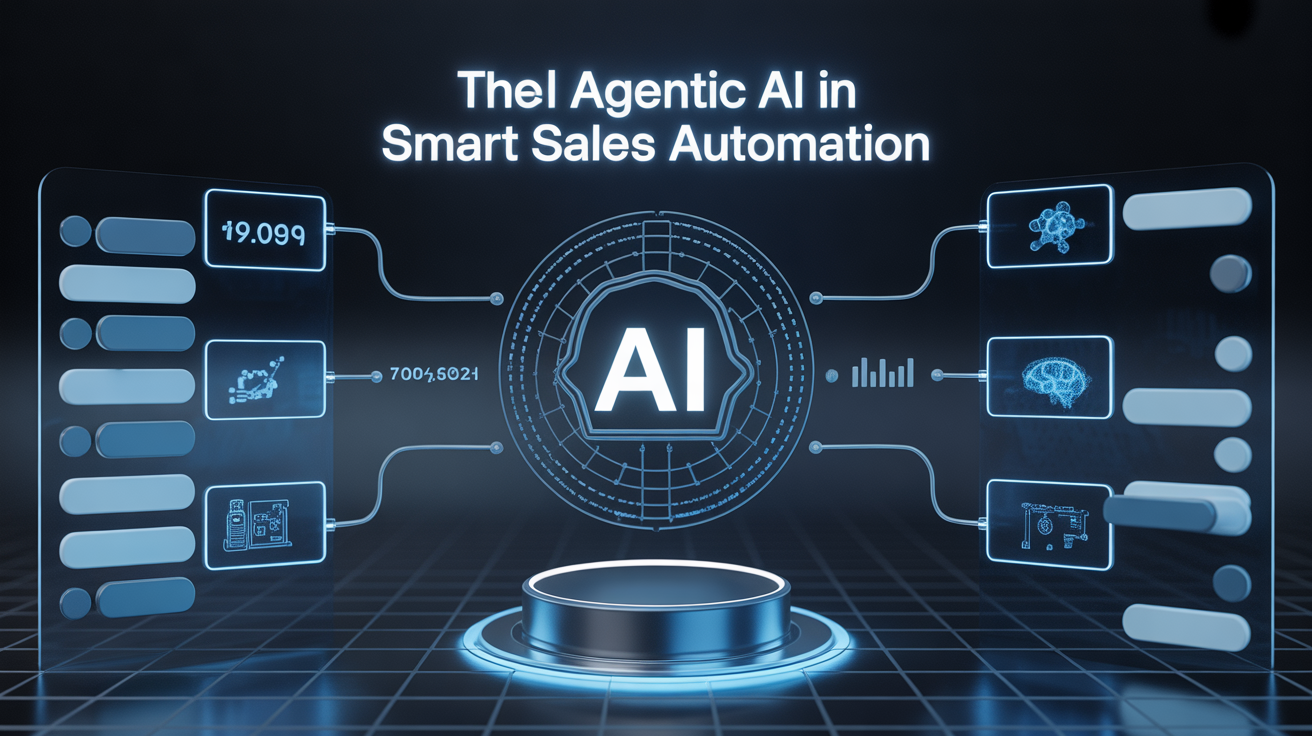
Both artificial intelligence and cloud security have had quite a partnership. For almost a decade, AI has been used to identify threats.
It also helped prioritize risks in the cloud via:
- Anomaly detection features.
- Pattern recognition capabilities.
Over the previous decade, a lot has changed. But with more people and companies migrating to cloud apps, threat actors have followed them too. They see cloud applications and tech as a prime target.
Cloud Security is quite important these days. As cybersecurity mechanisms of company mature, integrating AI is vital. Its integration into cloud security creates an important layer of defense against the wider cloud-based threat landscape. Generative AI is the game changer for cloud security.
Is Cloud Security an Area of Paramount Concern?
No doubt the digital landscape is experiencing a transformation. Cloud computing is dominating each inch of the interconnected world today. However, its rising prominence also raises a concern. How secure are cloud environments when cyber threats have evolved?
The current climate has high stakes. Cloud security is now at a crucial point. Cyber-attacks are growing in numbers and have also become complicated. The need for innovative solutions is growing. The landscape today is dynamic.
Generative AI is a promising tech solution. It offers transformative capabilities that can redefine cloud security on a whole new level. Let us now understand why Generative AI is both a choice and a necessity in cloud security.
Understanding the Landscape of Cloud Security
The cloud environment features distributed resources and immense data storage. The security challenges it brings are unique. Unfortunately, traditional security measures cannot adapt to the cloud’s requirements. They also lack real-time threat intelligence capabilities. Cyber attacks today have become quite sophisticated. Thus the need for dynamic and proactive security solutions becomes quite evident.
Understanding Generative AI and What it Truly is
Generative AI is a variant of Artificial Intelligence (AI). It generates new data/patterns based on the training given. It is anything, unlike conventional AI that classifies or interprets data. This kind of AI is an invaluable tool for cybersecurity. It can:
- Create.
- Simulate.
- Predict Data, models, and situations.
Generative AI is a of numerous artificial intelligence models that create novel data, especially:
- Images.
- Sound.
- Text.
- Other forms of media too.
All the media it generates is similar but distinct from the data on which they are trained.
Traditional models of AI were designed for tasks based on classification and recognition. Generative models create data and simulations. They synthesize new content whether they are artistic works or data-backed real-time simulations. This is why Generative AI development services are in demand nowadays.
How does the Modus Operandi of Generative AI work?
Generative AI primarily operates via two key models namely:
- Generative Adversarial Networks (GANs).
- Variational Autoencoders (VAEs).
Generative Adversarial Networks (GANs)
They consist of two key parts namely:
- A generator that generates data.
- A discriminator that evaluates the data created.
The generator produces data that is supported by real data. The discriminator differentiates between it using real-time data. The process in nature is adversarial. Yet it does its best to enhance the quality of generated results. This makes them realistic over time.
Variational Autoencoders (VAEs)
Variational Autoencoders are a different approach. Here the model learns to compress data (data encoding) and then reconstruct it (i.e. data decoding). It does things in a way that retains the fundamental characteristics of the original data. This process helps enable new data generation that is the original dataset’s variations.
Generative AI is very good
Generative AI is no doubt a unique advancement. It has changed the way machines learn and create things. It has also shaped the way machines interact with people. The technology transcends conventional boundaries. It is no longer about data analysis.
Rather, Generative AI produces new content providing a variety of use cases across many business and industrial sectors.
How Critical is Generative AI for Cloud Security?
Generative AI has quite a role to play in cloud security. It has advanced capabilities in areas of
- Detecting threats.
- Adapting to their tactics.
- Threat response.
Generative AI can also detect and identify potential cyber-attacks. It uses a proactive manner to predict their next move too. It creates a dynamic defense system that evolves with different kinds of emerging risks.
The technology has helped develop advanced and adaptive security protocols. It even paved the way for automated response mechanisms. It even enabled their further advancement. This ensures the protection of cloud environments and systems against complex cyber attacks.
Generative AI helps properly maintain data privacy and compliance. With Branex, artificial datasets are generated for testing and improvement of security features without the use of sensitive real-world data.
Generative AI provides advanced risk assessment and advanced simulations of cyberattacks. It plays a key role in preparing companies to counter threats in the cloud ecosystem. It even helps them defect their next move. Hence, Generative AI is a key player in the future of cloud security.
In which areas can Generative AI Help Improve Cloud Security?
The following are the areas where generative AI can be of great benefit in enhancing cloud security:
- Amplified Threat Detection.
- Adaptable Security Protocols.
- Digital Response Systems.
- Robust Data Privacy.
- Proper compliance with data safety protocols and rules.
- Modernized risk assessment systems.
- Advanced training and simulations.
Generative AI can protect against Spear phishing attacks
Many cybersecurity firms have reported that spear phishing is on the rise these days. Last year, almost 50% of companies in developed countries were impacted by such attacks.
Spear Phishing is a complex form of a cyber attack. Attackers target certain people or companies with personalized and deceptive communications. They usually do it for the wrong purposes especially.
- For distribution of malware.
- Stealing sensitive information.
This is where generative AI comes into play. It works as a robust defense mechanism against complex cyber attacks. Its advanced features can do the following:
- Detecting astute anomalies in communication channels.
- Identifying risks conventional measures cannot detect.
Generative AI has a continuous learning ability that allows it to adapt to evolving tactics of spear phishing. It ensures that all defense mechanisms are up-to-date. It can also help simulate relevant scenarios for training purposes.
This proves why many dedicated server hosting service providers are making full use of artificial intelligence. AI helps improve the effectiveness of both employees and systems in recognizing and stopping such threats effectively.
Challenges Cloud Security can face with Generative AI
Generative AI does offer opportunities. It however also has its set of challenges in the area of cybersecurity. Despite enhancing cyber defense mechanisms and threat detection, it has serious loopholes.
These loopholes open doors to more complex and sneaky cyber-attacks that are undetectable by advanced mechanisms. This is why it is necessary to balance these aspects to make generative AI more beneficial.
Conclusion
Generative AI is indeed beneficial. But it should also have supporting mechanisms from older tech to ensure it doesn’t open any loopholes. The cloud is itself a complex environment but it evolved from old technologies. Hence all aspects should be balanced to make generative AI a worthwhile technology to use.



